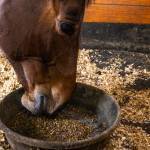Nutrition
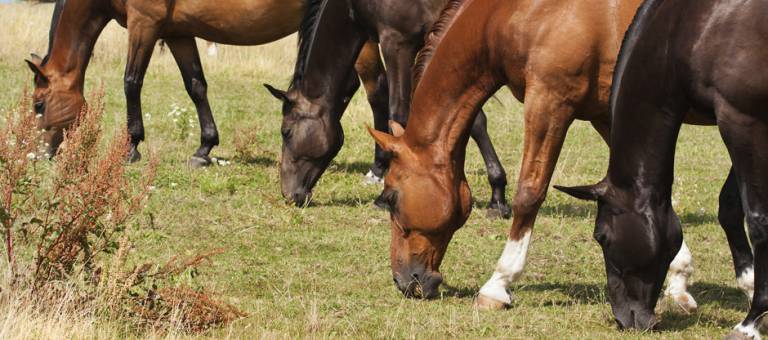
September 19, 2011
Autumn Grass Poses Risk for Laminitic Horses
Horse owners know to be cautious when allowing horses access to lush green pasture in the spring. But that
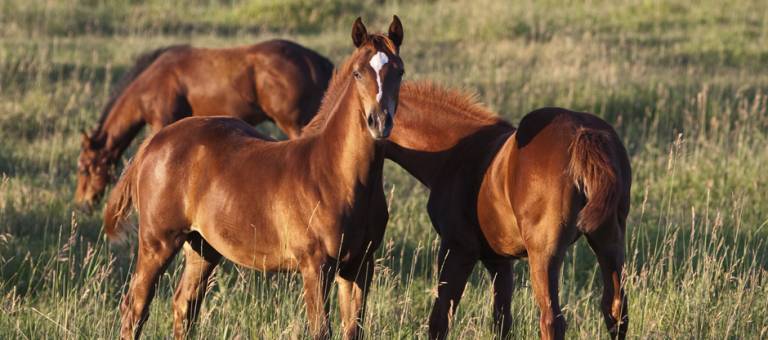
September 19, 2011
Vitamin K Supplementation for Horses
The actions of vitamin K on blood clotting, bone metabolism, and bone resorption have been known for some time. However,

September 16, 2011
Make Horse Feed Changes Gradually
Start by mixing a small portion of new feed into the old ration, gradually increasing the new feed and
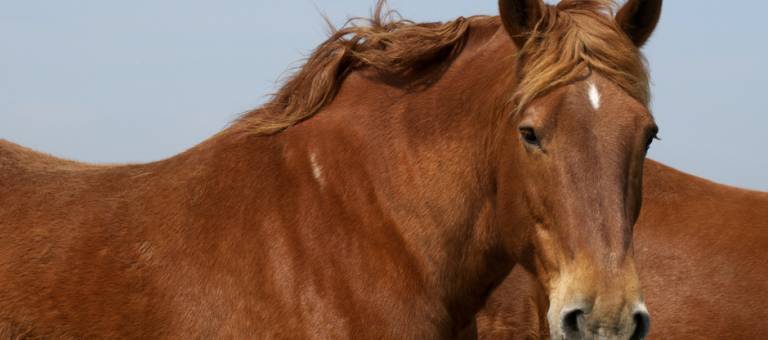
September 16, 2011
Equine Metabolic Syndrome
Most horses affected with EMS are overweight and have abnormal fat deposits including cresty necks, fat around the tailhead
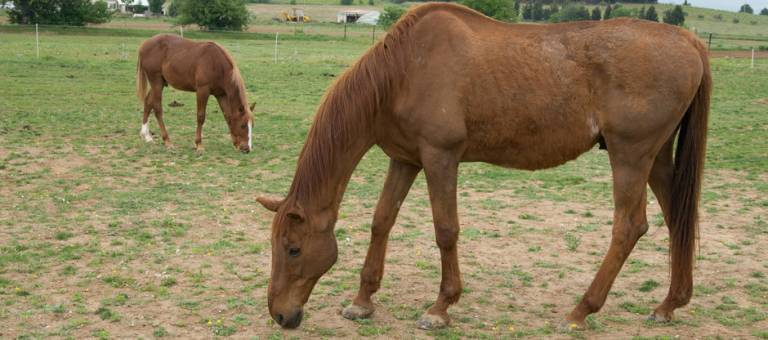
September 16, 2011
Muscle Atrophy in Horses
When a muscle of a horse decreases in size, seemingly melting away, it’s known as muscle atrophy. When this
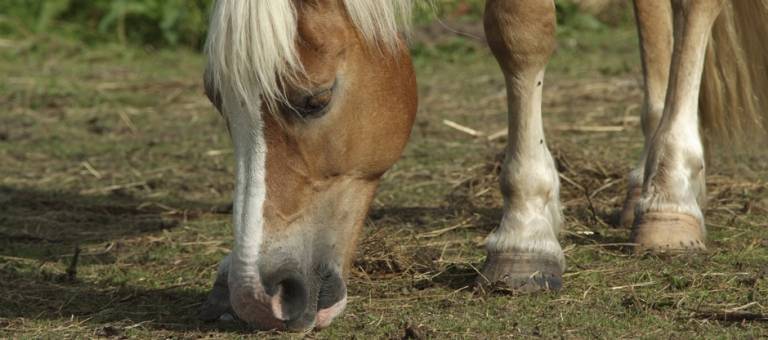
September 15, 2011
Drylots for Horses
Drylots are an effective solution to the ever-growing problem of obesity in the modern horse population, and can be

September 14, 2011
Fish Oil Reduces Inflammatory Joint Compounds in Horses
There was a trend for fish oil-supplemented horses to have lower PGE2, a potent inflammatory compound, in their joints
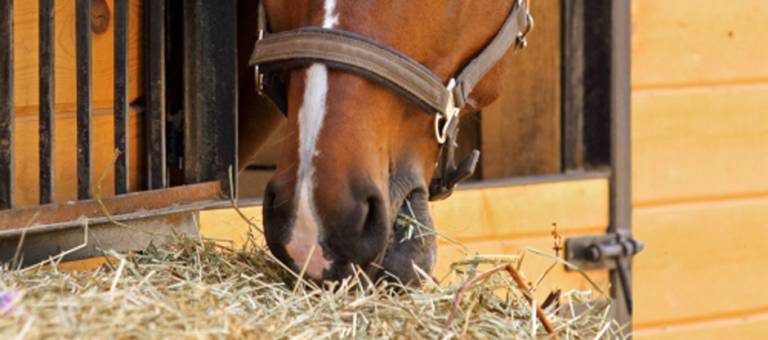
September 13, 2011
Preventing Colic and Laminitis After a Horse Overeats
Your first step should be to get the horse away from the source of feed and assess how much

September 12, 2011
Supplements for Horses with Equine Metabolic Syndrome Researched
Obesity and insulin resistance are common problems among horses in many countries and are key risk factors for laminitis. The combination
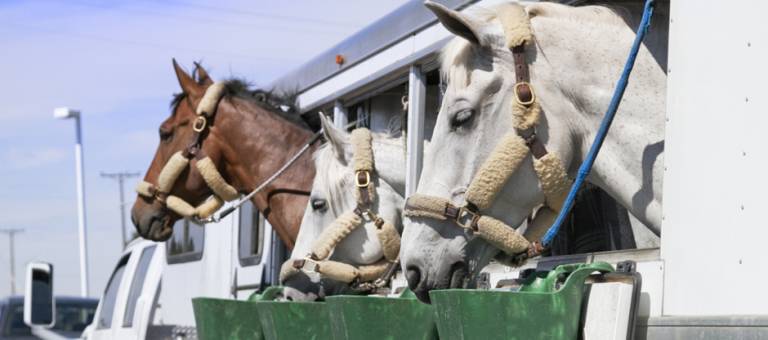
September 09, 2011
Feeding Horses During Travel
When transporting horses, don’t rush. Provide a rest stop every 3-4 hours, and plan ahead for overnight breaks. Offer water and





